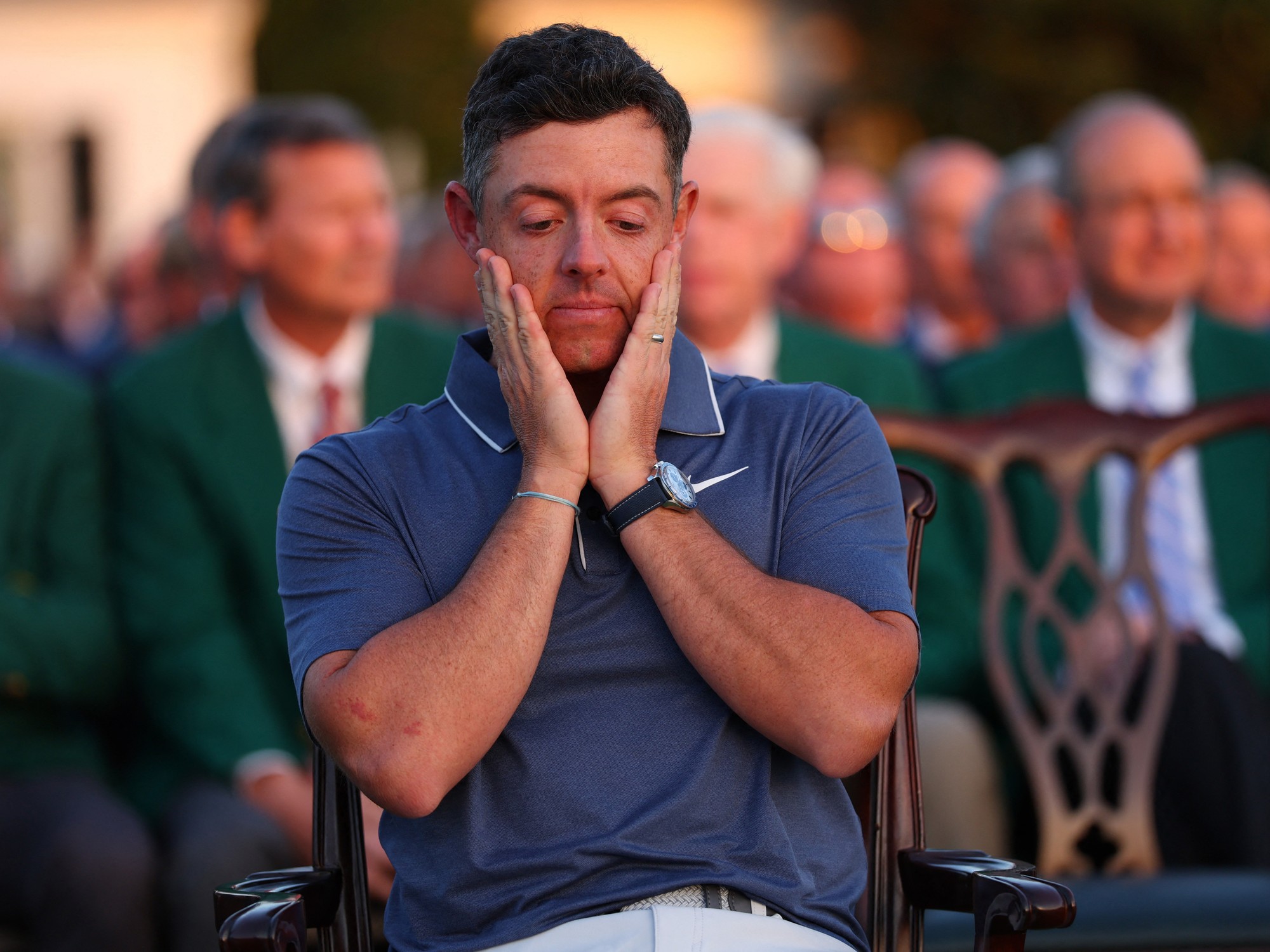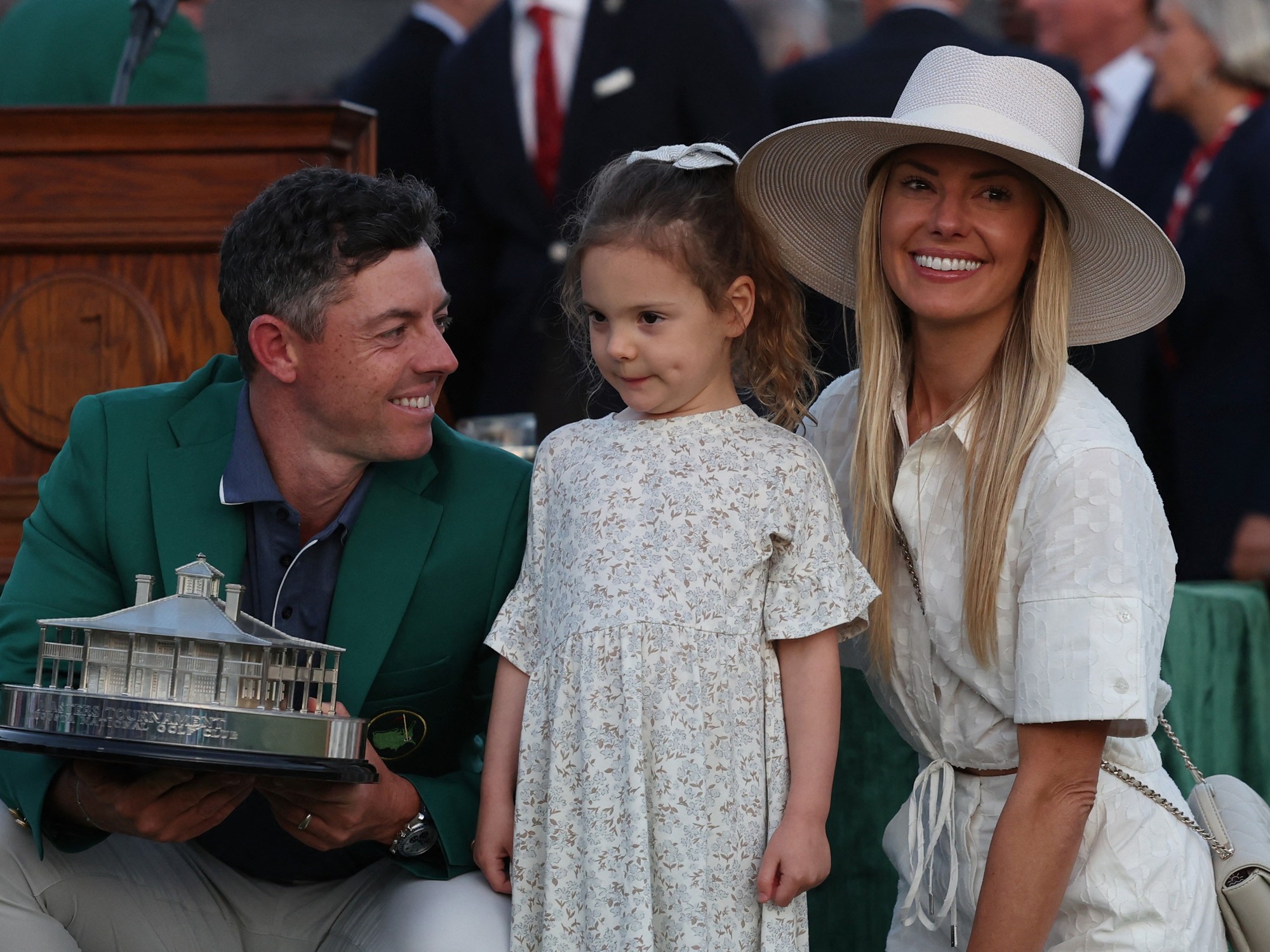Museum claims Wuthering Heights's Heathcliff was of 'black African descent' inspired by former slaves as film casting slammed for 'whitewashing'
Brontë described Heathcliff as darker than others in the tale, but not explicitly black
Don't Miss
Most Read
Trending on GB News
The Brontë museum has claimed Wuthering Heights’ Heathcliff was of “black African descent” and inspired by former slaves.
Heathcliff is the anti-hero in Brontë’s only novel, a story that shocked Victorian society when it was published in 1847.
The author described him as darker than others in the tale, but not explicitly black, comparing him to a “dark-skinned gypsy” or a Lascar- a south Asian sailor.
However, he at times is also described as “Spanish” and “pale”.
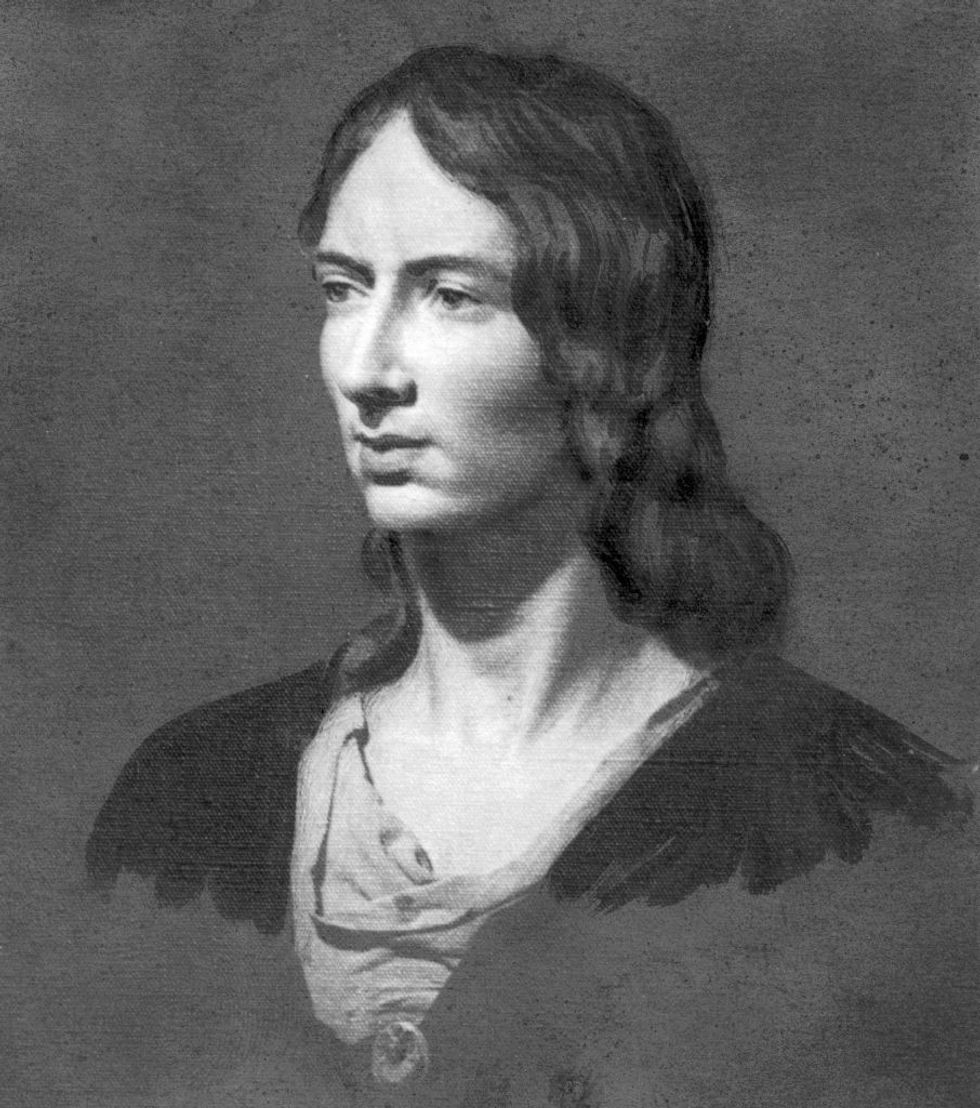
Brontë described Heathcliff as darker than others in the tale, but not explicitly black
GETTY
In the past, mostly white performers have portrayed the character, although in 2011, the roles of the old and young Heathcliff were given to black actors James Howson and Solomon Glave.
The debate over the character's ethnicity has resurfaced following the casting of white actor Jacob Elordi in the role for an upcoming film.
The Brontë Parsonage in Haworth, the former home of Emily, Anne, and Charlotte Brontë, which is now a museum dedicated to the authors, has presented an argument for Heathcliff being of "black African descent."
This perspective has been supported by the Brontë Society, which manages the Parsonage museum, as part of its commitment to diversity and inclusion.
MORE LIKE THIS:
- Meryl Streep, 75, sparks 'WOKE' Netflix row as actress eyed to play male lion Aslan in Narnia remake
- Spice Girls latest victims of woke censorship as iconic '90s song has 'offensive' lyric removed by BBC and other stations
- Parents fume over 'trigger warning' on children's production of Three Little Pigs - 'Big Bad Woke!'
Information on the museum's website suggests that Heathcliff may have been inspired by a black abolitionist and former slave.
The museum acknowledges that while the character's ethnicity remains uncertain, there are indications that connect him to the transatlantic slave trade.
A resource titled Black History on the official Parsonage website reads: “The fact that Heathcliff is found in Liverpool, described as an orphan with no ‘owner’ or ‘belonging’ to anybody, opens up the possibility that Heathcliff could have black African descent, having been brought to Liverpool through the slave trade.”
It adds that his appearance may have been based on that of famous black American abolitionist Frederick Douglass.
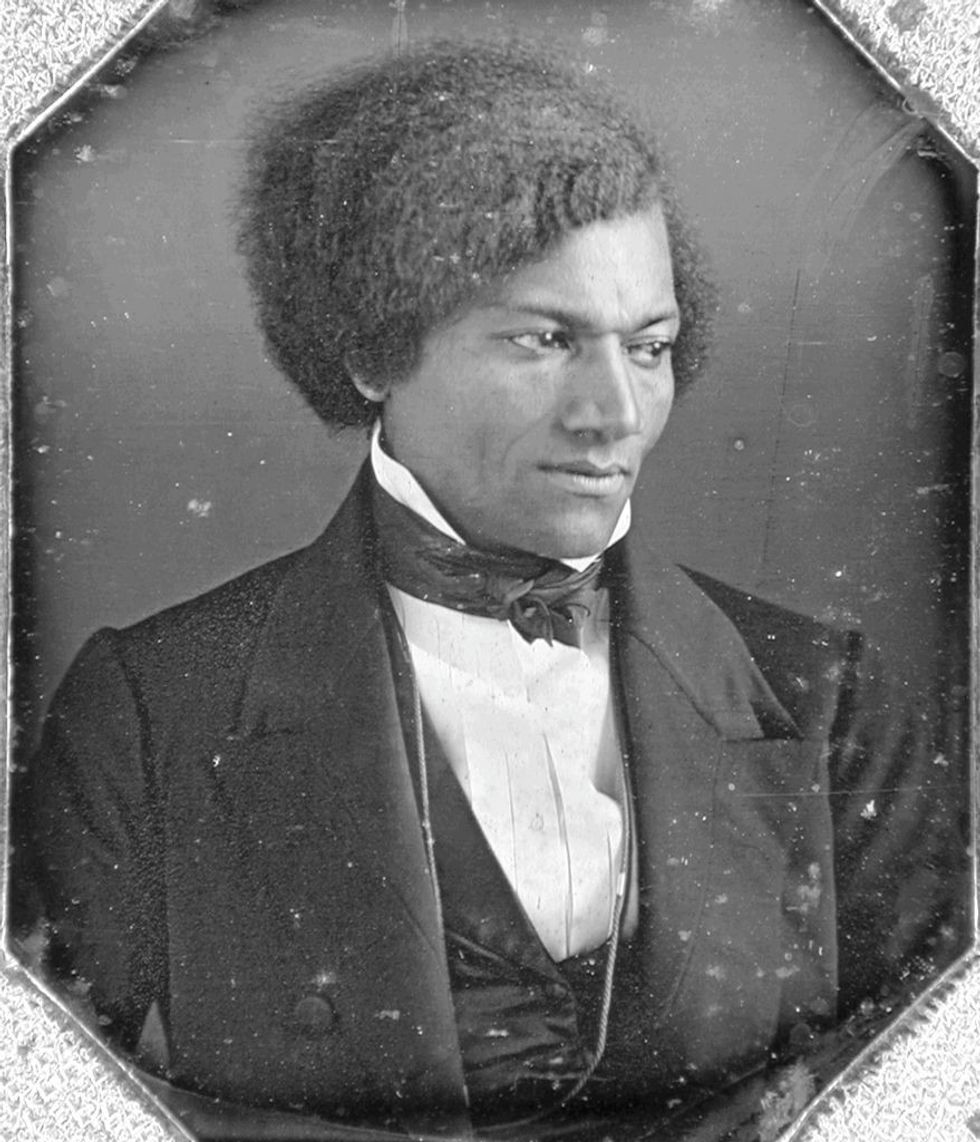
The society said his appearance may have been based on that of famous black American abolitionist Frederick Douglass
GETTY
The society also drew parallels to Heathcliff’s brutal upbringing in the novel to the treatment of slaves.
It wrote: “This forced endurance of misery and beatings is an experience that can be compared to that of enslaved people across the colonies… Heathcliff is ‘flogged’ like an enslaved person by Hindley, and the entire family contributes to this prejudice.
“It’s interesting that Emily chose to set Wuthering Heights in a time when the transatlantic slave trade was a large part of the economy in Britain”.
The Brontë Society has put forward the case for a black Heathcliff in response to the controversy surrounding an upcoming adaptation of Wuthering Heights, written and produced by Emerald Fennell.
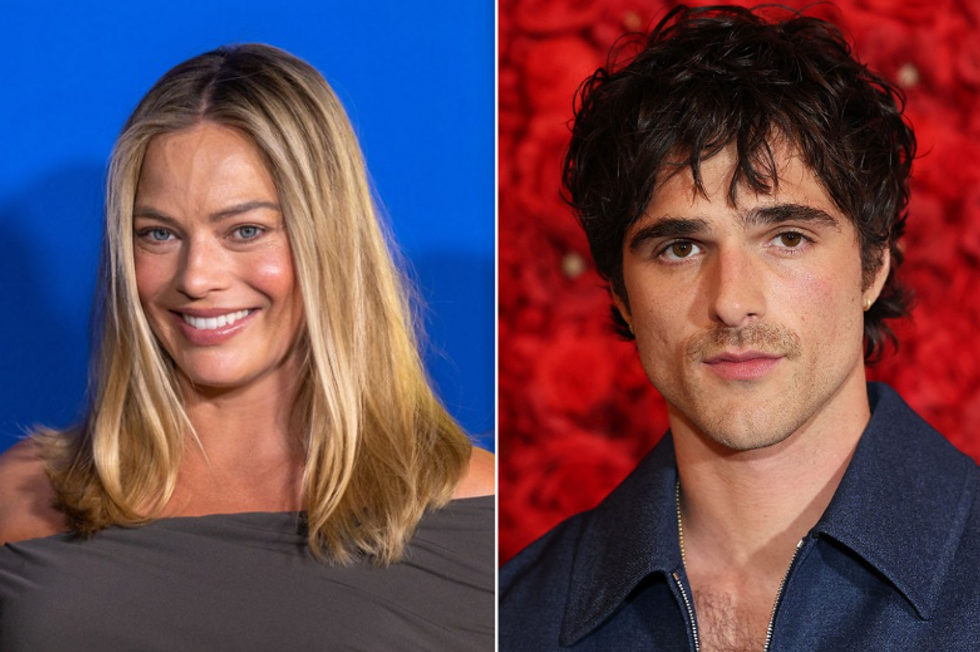
The film will star Margot Robbie as Catherine Earnshaw, Heathcliff’s soulmate, alongside Jacob Elordi in the role of Heathcliff
GETTY
The film will star Margot Robbie as Catherine Earnshaw, Heathcliff’s soulmate, alongside Jacob Elordi in the role of Heathcliff.
In the novel, Heathcliff and Catherine are childhood friends who are separated and unable to be together, with Heathcliff portrayed as a supernatural and demonic figure.
The casting of Elordi has sparked backlash on social media, with many accusing the film of "whitewashing" the story.
The Parsonage's involvement in the debate about Heathcliff's race comes ahead of an autumn conference that will explore the connections between the Brontë sisters and "Empire and Western colonialism."
Research presented at the conference will examine topics such as "racialisation" and "whiteness" in the Brontë family's works.
The Brontë Society claimed the theme was chosen at a time when “continued efforts to decolonise the curriculum and museums are being made”.
A spokesman said: “The subject of colonial connections often comes up in our work at the Brontë Parsonage Museum and in discourse with our audiences.
"It’s a topic that we regularly address in our learning programme and will be a focus of this year’s Brontë Society Conference for the first time.”




